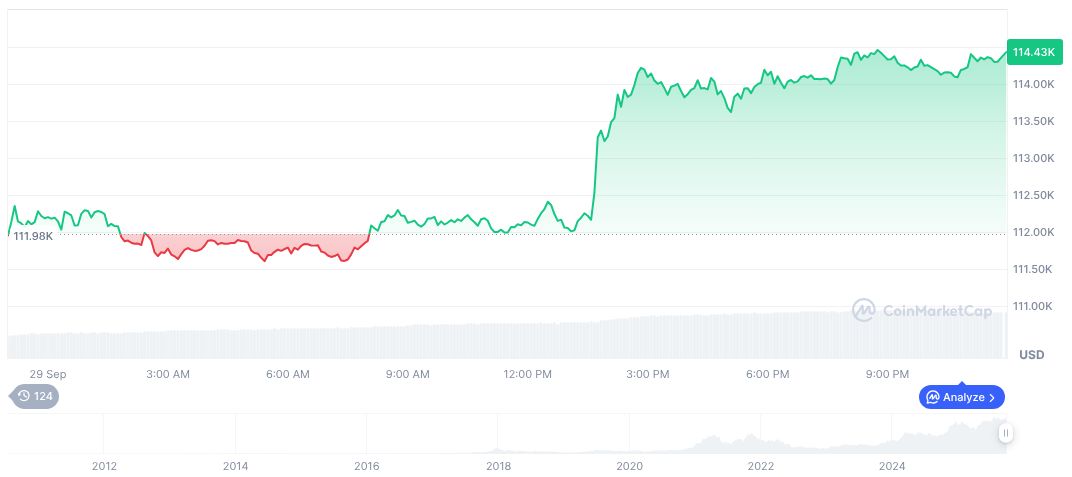- The Crypto-Asset Market Act requires crypto asset service providers to secure a license in Poland.
- The bill enforces strict compliance standards, with potential penalties for non-compliance.
- Bitcoin remains resilient, showing a significant rise despite market fluctuations.
Poland’s lower house passed the Crypto-Asset Market Act, with stringent licensing requirements and penalties for crypto providers, now awaiting Senate review.
This legislation may stifle Poland’s blockchain growth, causing concern among industry leaders and political figures over its impact on innovation.
Experts Predict Challenges for Poland’s Blockchain Sector
Poland’s lower house, the Sejm, passed the Crypto-Asset Market Act, which now proceeds to the Senate. The bill enforces strict regulations for CASPs, demanding licenses and detailed compliance documentation. The passing vote was 230 in favor versus 196 against, facing criticisms for being overly restrictive.
If enacted, organizations have six months to comply before facing fines and imprisonment risks. Critics highlight potential adverse impacts on Poland’s blockchain growth, fearing a chilling effect on innovation.
Market Data and Impact
Did you know? The Crypto-Asset Market Act’s passage is reminiscent of MiCA’s stringent EU regulations but is noted for its more severe penalties, marking Poland’s most substantial step toward crypto regulatory alignment.
Bitcoin (BTC) holds a market cap of $2.28 trillion and a current price of $114,570.54, as of September 30, 2025. Despite fluctuating, BTC showed a notable 8.20% rise over 90 days according to CoinMarketCap. Currently, its trading volume witnessed a 68.71% change in the last 24 hours.
Coincu’s research team suggests that the act might lead to reduced cryptocurrency service offerings in Poland and potentially raise operational costs for CASPs. Regulatory compliance costs and market uncertainty could shift investments away from Poland, impacting future tech innovations and economic growth.
| DISCLAIMER: The information on this website is provided as general market commentary and does not constitute investment advice. We encourage you to do your own research before investing. |
Source: https://coincu.com/news/poland-strict-crypto-bill-senate/
